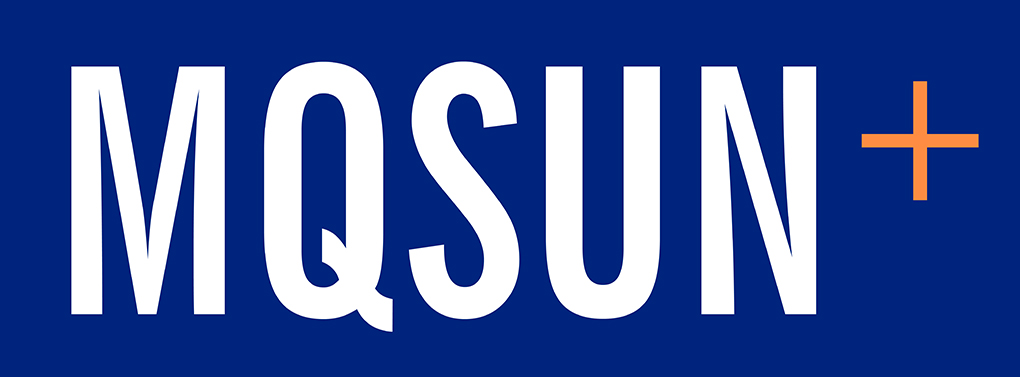This paper presents the findings of a Maximising the Quality of Scaling Up Nutrition (MQSUN) review on complementary feeding practices. Randomised controlled trials (RCTs) and non-RCTs that assessed the impact of complementary feeding and education on complementary feeding on linear growth, weight gain, iron status and morbidity were included in the review. Broadly, interventions were classified as education on complementary feeding and complementary feeding with or without nutrition education.
Conclusion Summary
- The scarcity of available studies and their heterogeneity as well as the variety in complementary feeding interventions make it difficult to determine one particular type of complementary feeding intervention as the most effective.
- Nonetheless, the results of this review indicate that effectively implemented provision of complementary feeding and education on complementary feeding have a potential to prevent undernutrition in children.
- Nutrition education and complementary feeding (either individually or combined) both have the potential to reduce morbidity from respiratory infections.
- However, further high-quality studies need to be conducted which report consistent outcome measures and similar interventions in order to accurately map out which interventions, if scaled up, can be effective.
- Trials should also consider using standardised types of food in the intervention so that evidence can be formulated on which type of food is most effective.
- It is ideal to keep the duration of intervention for at least six months since anthropometric improvements are gradual.
- Trials should report consistent outcomes and also include morbidity outcomes.
- Enhanced and rigorous actions are needed to deliver and scale up nutritional education and complementary feeding interventions.
A research summary of this review is also available to download.


